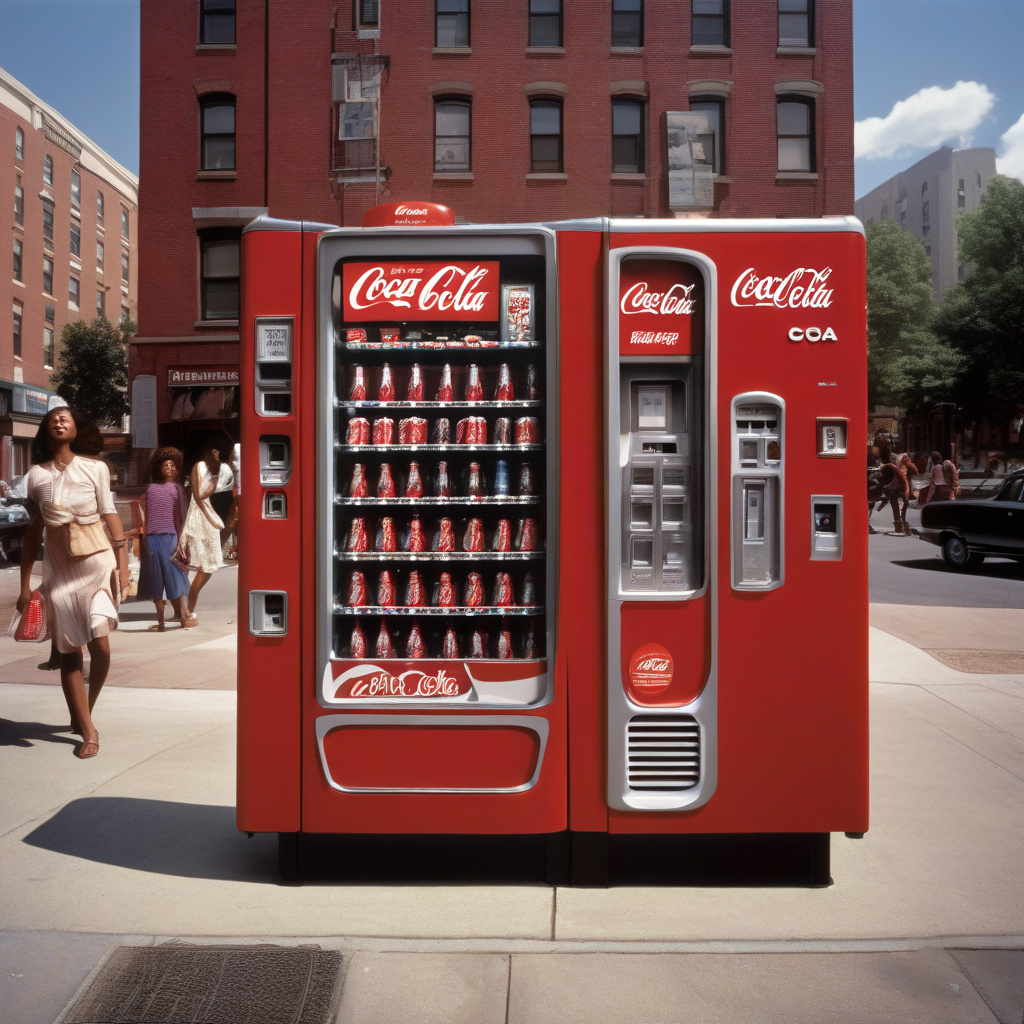Coca-Cola Tops Earnings and Revenue Estimates but Faces Soft Demand for Drinks
In a recent financial disclosure, Coca-Cola has reported results that have exceeded analysts’ expectations in both earnings and revenue. Despite this positive news, the beverage giant has also indicated ongoing challenges in demand for its drinks, raising questions about the future trajectory of consumer preferences and market dynamics.
Coca-Cola’s shares have risen nearly 10% this year, contributing to an increase in its market value to approximately $295 billion. This growth reflects a broader trend of investors recognizing the company’s resilience in a competitive landscape, despite the challenges posed by shifting consumer habits and economic pressures. The ability to surpass earnings and revenue estimates is a testament to Coca-Cola’s robust business model and strategic initiatives, yet the underlying concern about softening demand cannot be overlooked.
The company reported a quarterly earnings per share (EPS) that surpassed Wall Street expectations, showcasing an agile response to market fluctuations and effective cost management strategies. Revenue figures also exceeded forecasts, indicating that Coca-Cola continues to capitalize on its vast distribution network and brand recognition. With a portfolio that spans sodas, juices, teas, and waters, Coca-Cola has diversified its offerings to cater to a wide range of consumer preferences.
However, the narrative shifts when examining the demand trends for Coca-Cola’s core products. The company has highlighted a noticeable decline in consumer appetite for sugary beverages, echoing wider trends in the beverage industry. Health-conscious consumers are increasingly opting for low-sugar, organic, and functional beverages, which have become more prevalent in the market. This shift poses a challenge to traditional carbonated drink sales, which have historically been the backbone of Coca-Cola’s revenue.
In response to these trends, Coca-Cola has been proactive in adapting its product lineup. The introduction of new flavors, zero-calorie options, and innovative drinks such as flavored sparkling waters and plant-based beverages demonstrates the company’s commitment to evolving with consumer preferences. For instance, Coca-Cola’s recent launch of its “Coca-Cola with Coffee” line aims to blend the popular taste of soda with the growing coffee trend, appealing to consumers seeking novel beverage experiences.
Despite these innovations, the company acknowledges that it may take time to rebuild demand in certain segments. As consumers gravitate towards healthier options, Coca-Cola faces the challenge of balancing its traditional offerings with the need for modernization. This balancing act will be crucial in ensuring long-term sustainability and growth.
Moreover, the global economic landscape adds another layer of complexity. Inflation continues to affect consumer spending power, making it vital for Coca-Cola to adjust its pricing strategies accordingly. The company has been implementing price increases in some regions, which has contributed to higher revenue figures in the short term. However, there is a risk that sustained price hikes could lead to further declines in demand, as consumers may seek alternatives or reduce their overall beverage consumption.
Looking forward, Coca-Cola’s management remains optimistic about the future. The company’s strategic focus on innovation and sustainability aligns with broader market trends, potentially positioning it well for future growth. Initiatives such as increasing the use of recycled materials in packaging and investing in sustainable sourcing practices demonstrate a commitment to environmental responsibility, which is increasingly important to consumers.
In conclusion, while Coca-Cola’s recent financial results paint a picture of a company that is performing well in the short term, the underlying challenges of soft demand for its traditional beverages cannot be ignored. The success of the company will largely depend on its ability to adapt to changing consumer preferences and navigate economic pressures. Investors will be watching closely to see how Coca-Cola continues to evolve its product offerings and marketing strategies in the coming months.
As the beverage industry transforms, Coca-Cola’s agility and innovation will be critical in determining its long-term success. With a strong market presence and a commitment to adaptation, the company has the potential to not only meet current challenges but also thrive in a competitive environment.
CocaCola, BeverageIndustry, MarketTrends, ConsumerDemand, BusinessGrowth
